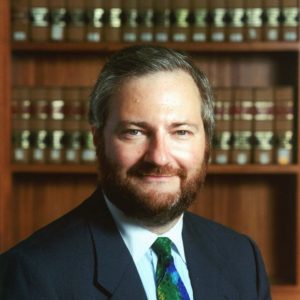CURRENT MONTH (November 2017)
Professional Responsibility
PTO Pilot Diversion Program for Non-Serious Attorney Misconduct
By Keith R. Fisher, National Center for State Courts
For licensed patent lawyers, the U.S. Patent & Trademark Office (PTO) has inaugurated a new pilot program allowing practitioners suffering from physical, mental, or emotional health issues who engaged in minor misconduct to avoid formal discipline by entering into a diversion agreement and affirmatively undertaking specific remedial steps. To be eligible for diversion, the misconduct must not involve misappropriation of funds or dishonesty, deceit, fraud or misrepresentation; result in or likely result in substantial prejudice to a client or other person; constitute a “serious crime” under PTO regulations; or be part of a pattern of similar misconduct or be of the same nature as misconduct for which the practitioner has been disciplined within the past five years. The two-year pilot program, implemented by the PTO’s Office of Enrollment and Discipline, follows a trend in many jurisdictions allowing diversion for minor misconduct, as shown in data collected by the ABA Standing Committee on Professional Discipline.
Adopting Erroneous Avvo Profile Subjects Lawyer to Discipline for Misleading Advertising
By Keith R. Fisher, National Center for State Courts
The South Carolina Supreme Court issued a public reprimand to a lawyer who, among other misconduct, touted inaccurate information provided about him in his Avvo profile. Though the lawyer had nothing to do with creating the erroneous Avvo profile, he effectively endorsed what he knew to be misleading information by adopting the profile in advertising and solicitation materials he generated. By affirmatively using the profile to market legal services, the court said, the lawyer became ethically responsible for its content and required to ensure that it complied with applicable State rules of professional conduct.




